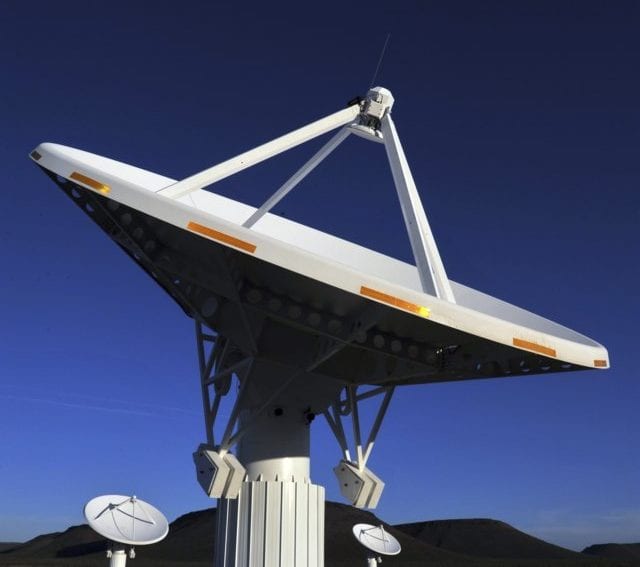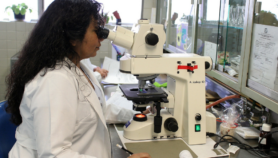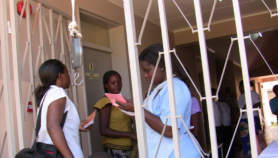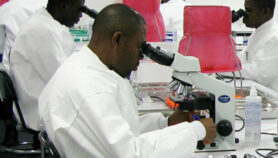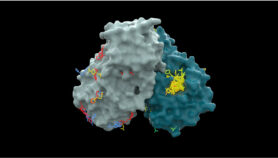By: Maina Waruru
Send to a friend
The details you provide on this page will not be used to send unsolicited email, and will not be sold to a 3rd party. See privacy policy.
[NAIROBI] Nine African countries implementing the Square Kilometre Array (SKA) Africa project have proposed to establish a science fund to finance capacity building for radio astronomy on the continent.
The SKA project is an international effort to build the world’s largest radio telescope, with a square kilometre (one million square metres) of collecting area.
The Africa science fund for SKA is expected to support scientists in partner countries gather data through telescope dishes to be installed in their countries, help conduct experiments and familiarise themselves with radio astronomy, a steering committee meeting for the project said at a forum held in Nairobi, Kenya, last month (3-4 November).
“The fund will help train scientists and students as we start building capacity for this project.”
Phil Mjwara, Department of Science and Technology, South Africa
The forum heard that partner countries — Botswana, Ghana, Kenya, Madagascar, Mauritius, Mozambique, Namibia, South Africa and Zambia — have all made progress in either securing land for the project; enrolling students for postgraduate degrees in astronomy, information and communication technology and engineering; and building physical infrastructure.
“The fund will help train scientists and students as we start building capacity for this project”, said Phil Mjwara, director-general of the Department of Science and Technology in South Africa. “Once radio equipment in different countries is in place, there will be a lot of data that will need to be interpreted and we will need a pool of young people capable of performing these tasks.”
Botswana was tasked with convening a working group forum to come up with a draft concept for the science fund for the project.
Once the draft is ready, it will be taken before the ministerial forum on SKA for consideration, the forum in Kenya said. It will also be factored in the African Readiness Strategy paper, a document detailing the steps that need to be actualised to ensure that SKA is on course between now and 2030 when the project is expected to be fully operational.
“We hope that donors, development partners and African institutions such as the African Development Bank will be able to donate money to this critical fund,” said Val Munsami, South Africa’s chief specialist for astronomy and space science.
In Ghana existing telecoms dishes have been converted to align them to radio astronomy. Funding, mainly for acquiring new dishes or converting existing ones, may pose a challenge for many countries, according to Moses Rugut, director of Kenya’s National Commission for Science, Technology and Innovation.
Rugut said the cost for the equipment is US$6.5 million, while converting existing ones would cost around US$3.8 million, noting: “When you multiply the amount by nine, which is the number of partner countries, you realise that a substantial amount of money is needed, but with commitment, the cash can be raised”.
Rugut added that there is the challenge of ensuring that the telescopes do not interfere with existing telecommunication masts.
This article has been produced by SciDev.Net's Sub-Saharan Africa desk.


